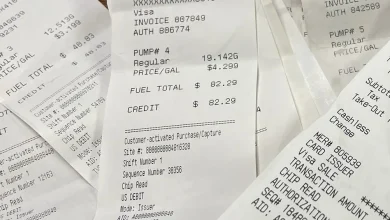COLUMN: WEEKLY INVESTMENT TALK. An overview of new DSE trading rules

DAR ES SALAAM Stock Exchange (DSE) introduced new trading rules on 2nd June 2025 following approval by the Capital Markets and Securities Authority (CMSA).
These rules are amendments to some of the provisions of the DSE Trading Rules 2022. The approved amendments apply to Rules 2, 44(2)(a), 173(3), 179(2)203(1),212 and 224.
These new rules propose a new definition of terms, know your customer requirements, market opening and closing times, tick sizes, block trades and closing price changes.
New Block Trade requirements
Block trade refers to pre-arranged transactions between investors where the latter are allowed to sell and buy at an agreed price.
Previously, the minimum transaction value for any block trade was 200m/- with either one buyer versus multiple sellers or vice versa. New amendment (to rule 2) defines a block trade as a single lot, meaning one buyer versus one seller with a minimum transaction value of 250m/-.
ALSO READ: Equity investing: What every investor should know, the NICOL story
This new amendment has allowed liquidity to return to some counters as sometimes block trades tend to create double markets for securities limiting activity and liquidity on DSE’s main board. Now any transaction that does not meet a minimum value has to go through a normal board. Closing Price Change requirements Closing Price refers to a price of any security at market close time.
New DSE amendment touches price cap limit or allowed percentage price fluctuations during a trading session, factors and mechanisms for price changes.
The new amendments allow closing prices of securities to change at market close by 15 per cent for counters whose market capitalisation is less than 1.0tri/-, 5.0 per cent for securities whose market capitalisation is 1.0tri/- and above, and the number of issued shares is above 2.0 billion and by 2.0 per cent variation for securities whose market capitalisation is 1.0tri/- and above and the number of outstanding shares is below 2.0 billion.
Amendments also allow inclusion of 5.0 per cent more on top of allowed variation if any corporate action such as dividends or rights issues. Now closing prices are calculated based on the volume-weighted average price provided 100 shares are transacted during a trading session.
Also tick size is now 5/- and 10/- for securities whose prices are less than 1,000/- and 1,000/- and above respectively. The impact of these new amendments is already being seen as counters whose prices were unchanged for years such as Vodacom are now recording some activity.
Other amendments
New amendments have pushed down market opening time to 9:00am instead of 10:00am allowing investors more trading time. Market pre-opening will be 30 minutes after opening time followed by opening auction.
Market closing time remains unchanged at 4:00pm. And, now Tanzania citizens are required to provide a National Identity Number contrary to previous where any state issued Identity Card was allowed.
Conclusion
We understand it is too soon to proclaim the impact of these new DSE rules, however, we have seen some dynamism in various market aspects that signal some results since these new rules started to apply.
Prices for some counters have started to change giving investors more options on which securities to buy or sell. We expect more dynamism in terms of price movement and volumes as we go forward.





